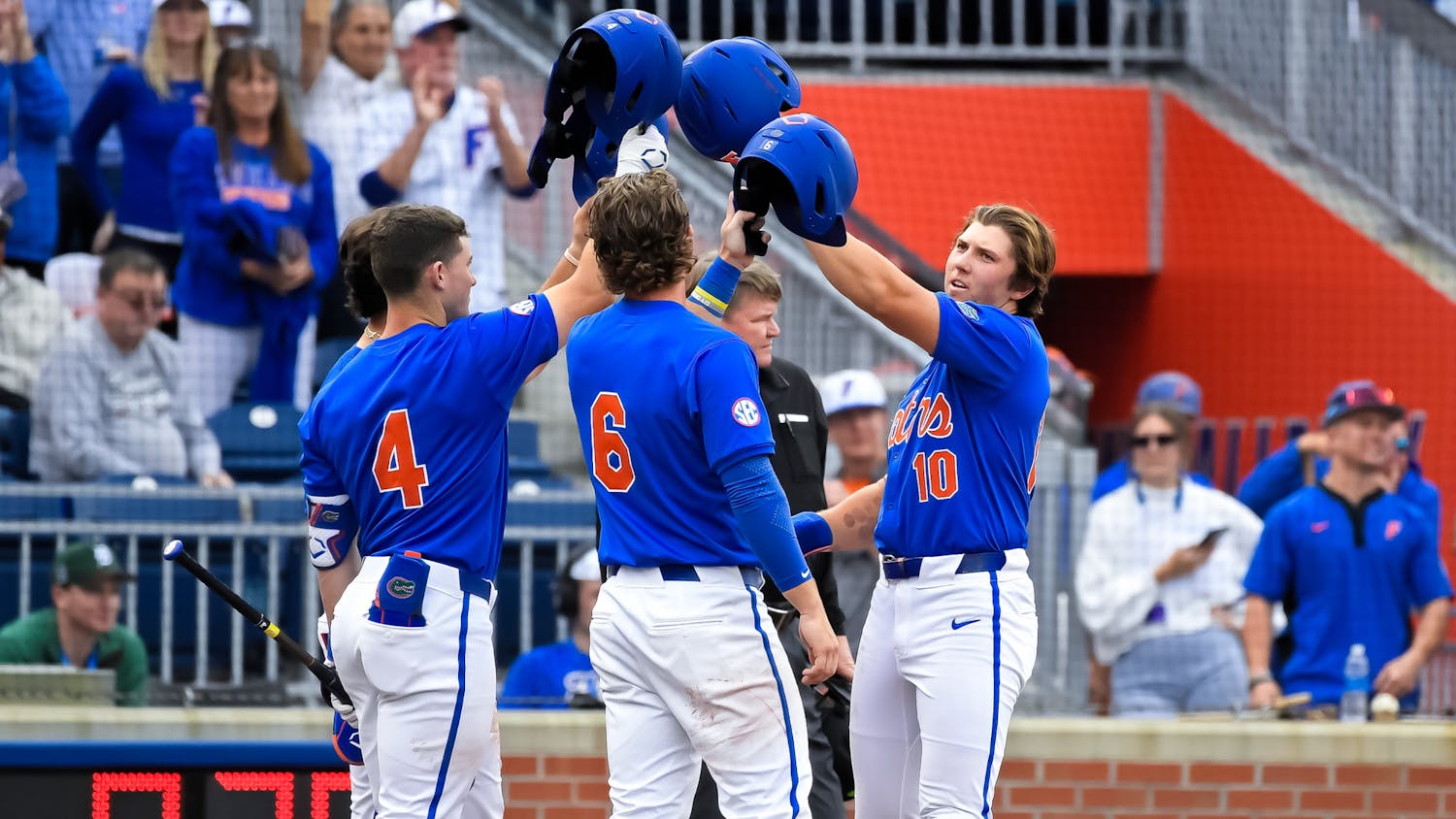Students’ toothpastes could harm the environment.
With a $17,000 grant, the UF Institute of Food and Agricultural Sciences will fund the Florida Microplastic Awareness Project, where volunteers will study water samples from local areas, said Maia McGuire, an IFAS extension sea grant agent.
The volunteers will find how many microplastics are present along the Atlantic and Gulf coasts. Microplastics are microscopic pieces of plastic, which are typically found in personal-care products such as face scrubs, toothpaste and deodorant, McGuire said.
These tiny pieces of plastic are harmful to the environment, she said. They’re a danger to small animals, especially those in the oceans. When people rinse off their hygiene products, the microplastics go into the oceans where small ocean animals will mistake the plastic for food and eat it.
McGuire said the grant money will come from the National Oceanic and Atmospheric Administration’s Marine Debris Program.
She said she’s hoping to educate people with the program so they will help the environment.
The project will show that when small animals eat the microplastics, the plastic filters up through the food chain. When people eat large fish that ate smaller ones, they could be eating some of the microplastic, McGuire said.
"People should care because it’s our food, and it’s an environment we really care about," McGuire said.
FMAP will urge people to read the labels on personal-care products and avoid those containing polyethylene, which creates microplastics when it breaks down.
UF animal sciences senior Daria Rebbecchi said she’s concerned about microplastics in the environment.
"This is something that’s in our control that we can change," the 21-year-old said.





